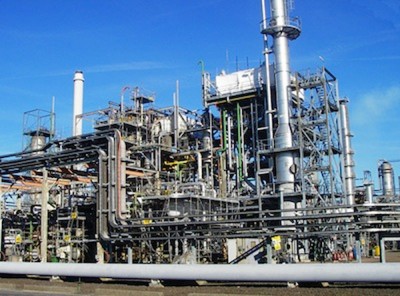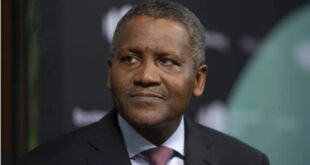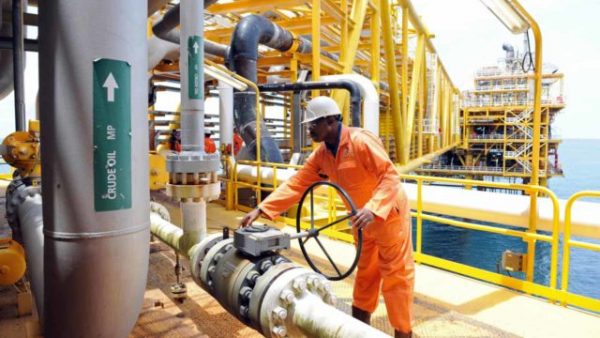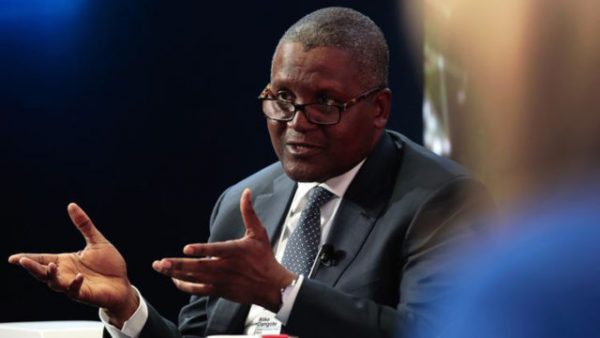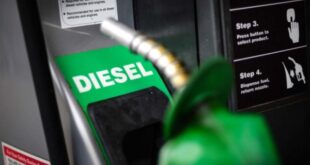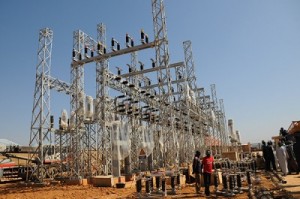
The absence of a bankable commercial framework continues to pull the plug on huge gas investments badly needed to meet the country’s growing power supply needs, industry experts have said.
Nigeria, Africa’s top oil producer, is estimated to have at least 185 trillion cubic feet in natural gas reserves, making it the most endowed country on the continent in terms of gas reserves, ahead of Algeria, Egypt and Libya.

But a significant amount of the country’s gross natural gas production is flared because some of the oil fields lack the infrastructure needed to capture the natural gas produced with oil, known as associated gas.
The country requires investments of between $1bn and $2bn annually in gas pipelines and processing plants, especially as it looks to drive monetisation of its gas reserves through the production of power or fuel, according to the Energy Information Administration, the statistical arm of the United States’ Department of Energy.

An energy law and policy expert and Senior Associate at Banwo and Ighodalo, a Lagos-based law firm, Mr. Ayodele Oni, said Nigeria had not fared too well despite the issuance of the gas master plan and policies such as the national domestic gas supply policy, which seeks to ensure the availability of gas domestically, particularly for the electric power sector.

Oni said, “There have been several of those challenges, including issues such as poor infrastructure and vandalism. The principal challenges, however, are poor pricing and weak policy implementation.
“Specifically, lack of a bankable commercial framework for gas such that the pricing (which by the way is regulated) is not commercially attractive has hampered gas to power. This is in addition to the fact that even power pricing has, for a long time, not been competitive enough as to encourage sale of gas to the sector, because electricity tariffs traditionally in Nigeria hardly bear gas prices.”
He added that the government had also not implemented as well as it could, the domestic gas supply obligation, which had succeeded elsewhere in the world.
The domestic gas supply obligation is the amount of gas that companies that produce it must give to the Nigerian economy because they are producing Liquefied Natural Gas, which they sell to other countries.
“We have domestic gas obligations from all the gas producers in Nigeria. For example, this year the domestic gas obligation is 4.9 billion scf and we are getting 1.9 billion, which means we don’t even have the domestic gas obligation,” a former Minister of Power, Prof. Bart Nnaji, said at a conference in Lagos last month.
 MMS PLUS NG – Maritime, Aviation, Business, Oil and Gas News Online Newspaper with coverage in Maritime, Oil and Gas, Aviation, Power and Energy as well as Financial News
MMS PLUS NG – Maritime, Aviation, Business, Oil and Gas News Online Newspaper with coverage in Maritime, Oil and Gas, Aviation, Power and Energy as well as Financial News



